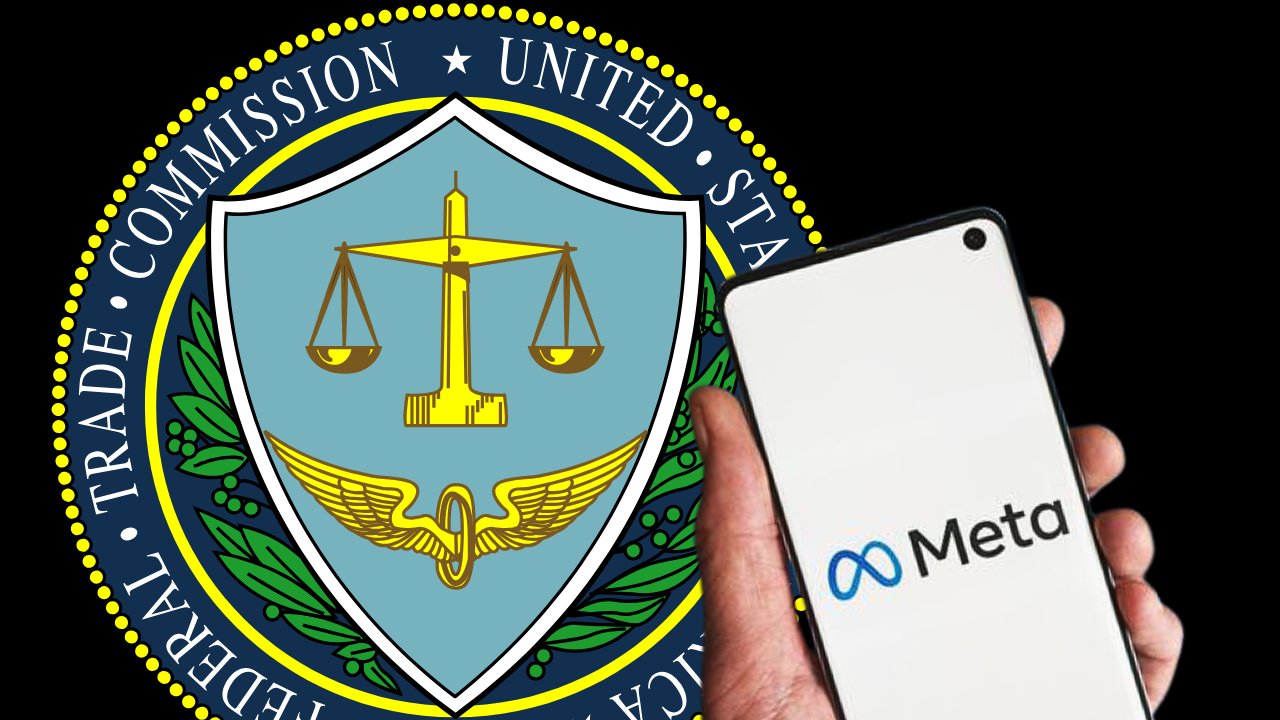Written by Nicolai Heering
Like water, money follows the path of least resistance. Therefore, it is only natural that when governments force banks to make life difficult for their account holders, money finds other ways of reaching its destination. Not only do banks make it hard to open new accounts, they also debank – i.e., close the accounts of – hundreds of thousands of existing customers every year, without any proof of wrongdoing.
An example of this is how Barclays Bank in October 2023 advised all current account and savings account holders living overseas that their accounts would be closed. This also applied to UK citizens. As it would be ludicrous to claim that all such account holders are criminals, this merely illustrates how the bank does not want to foot the bill of doing compliance checks on those individuals. Rather than spend money on checking each individual customer, banks simply debank whole groups of customers that they deem to be higher than average risk.
For that, we can thank the draconian anti-money laundering regulations that governments have gradually put in place since 1990 and dramatically expanded in 2001 and 2017. These are the cause of almost all the red tape that traditional banks increasingly use to block both new account openings and international bank transfers, and they are the reason why swathes of people are suddenly debanked through no fault of their own.
Individuals thus locked out of traditional banks instead turn to cash, cryptocurrency, non-fungible tokens, casinos, and hawala payment providers in order to be able to make and receive payments, and to accumulate savings. At the same time, it has probably never been easier to keep money and make payments outside the traditional finance system, given the widespread adoption of cryptocurrencies and the increasingly international scope of Chinese underground banks, for instance. Measuring the extent to which each of these alternative payment options is being used is obviously rather difficult given the illicit nature of some of them, but the cryptocurrency market alone can now be counted in not just billions of dollars, but trillions. As for Chinese underground banks – also known as feiqian – various separate criminal cases show that they account for transactions worth billions in dollar terms.
It would be wrong to condemn users of alternative payment methods as criminals as only a fraction of them are. The payment methods themselves are often perfectly legitimate, as is the case with cash and cryptocurrency, for instance. It is how and for what these payment methods are used that indicates whether or not any given transaction is carried out in the black-market economy (BME). A payment in cash to a tradesman for construction work with the understanding that the tradesman will not charge VAT or report the income for income tax is an example of a BME-transaction. A payment in cryptocurrency for a pizza from a restaurant is not an example of a BME-transaction. The former transaction is not protected by consumer legislation whereas the latter one is.
For payment services, consumers are protected by way of various rules and laws whenever they use traditional finance such as banks, credit card companies, or established payment service providers such as PayPal. But whenever payment is made using cash or cryptocurrency, for instance, consumer protection is less certain. A tradesman may claim that he never received a certain cash payment, and there is little the consumer can do about that if he does not have a receipt. Another example is a debanked person who transfers his assets to cryptocurrency, only to find out later that the balance in his crypto account is suddenly zero. Unfortunately, theft of cryptocurrency is a real risk. In 2023, a whopping $2 billion worth of cryptocurrency was stolen from its owners. For comparison, the turnover of the entire Scottish salmon industry, Britain’s biggest food export, is $1.3 billion annually.
As this illustrates, debanked individuals are much more at risk by virtue of being forced to rely on alternative payments solutions. While cash and cryptocurrency are welcome safeguards against governmental overreach in banking, their use not only encourages some consumers to start transacting in the BME but also puts consumers at risk due to being denied the statutory protection that comes with the use of traditional financial services. Thus, the overzealous anti-money laundering regulations that governments increasingly force on to the banking sector amount to an embarrassing own goal if the purposes are to protect fiscal revenue and protect the public.
To remedy the problem, consumers of financial services should be lured away from the BME and back to traditional finance. That can only be done by way of drastically scaling back the bloated anti-money laundering regulations that achieve little apart from pushing perfectly legitimate businesses and individuals into the risky embrace of the black market.
Nicolai Heering is the Financial Freedom Fellow at the Consumer Choice Center and is a passionate advocate for smarter financial regulations to improve consumers’ lives.




